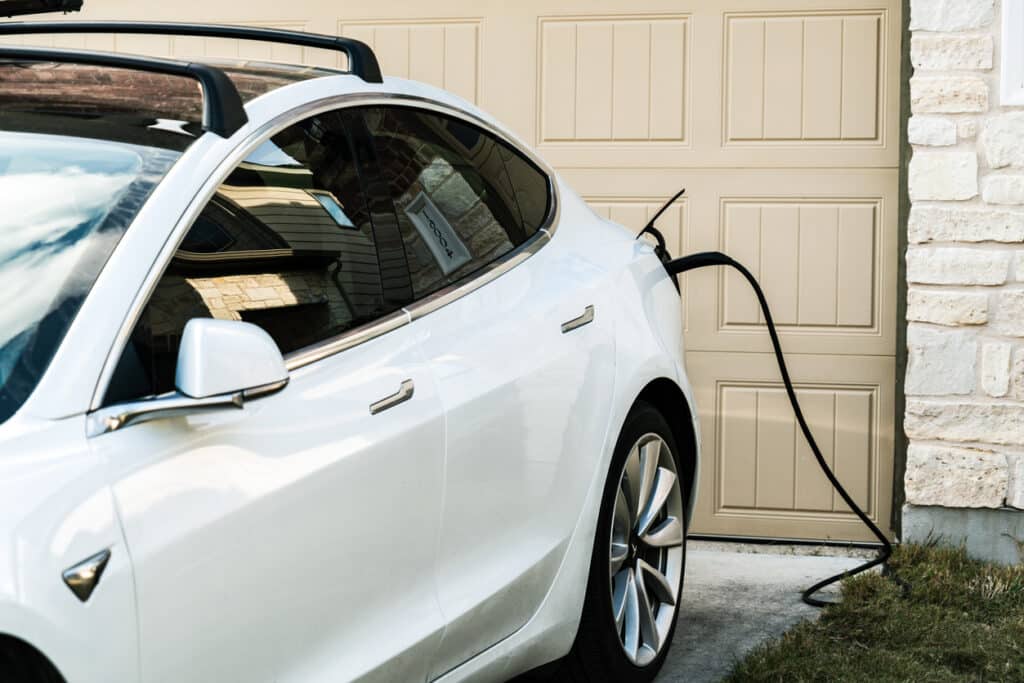Having an electric vehicle has many benefits, but one of the downsides is having to line up to charge your vehicle. With an EV charger in your home, waiting in line is a thing of the past.
Having an EV charger in your home is convenient. You simply plug your vehicle into the charger and relax. When you’re ready to leave again, it will be fully charged and ready to go. If you use a public charging station, remember that each car can take roughly 30 minutes to charge with a fast level 3 charger. So, if you’re third in line, you’ll start to get an idea of how much time you’ll be wasting.
Having a home EV charger can be cost-effective, too. Many companies are now offering great EV charging rates. In addition, you can charge your vehicle during off-peak hours when the electricity rates are lower.
When you fast-charge your vehicle, you’re straining the battery. However, if you charge your EV overnight at home, you’re reducing this strain and helping to extend the lifespan of your vehicle’s battery.
You also don’t have to worry about lining up at a charging station in extreme weather conditions. Whether it’s raining outside or you’re in the middle of a heat wave, you can charge your vehicle in a sheltered area at home.
Finally, public charging stations may be few and far between, and having to drive for miles just to charge your vehicle can be incredibly inconvenient. An EV charger installed in your home will always be available.
What Kind of EV Charger Should You Install in Your Home?
There are three different kinds of EV chargers, and the type you install in your home will depend on a few factors.
Level 1 chargers offer the slowest charging speed for electrical vehicles. They use a 120-volt household outlet and provide about 2–5 miles for one hour of charging.
Level 2 chargers use a 240-volt outlet. These provide faster charging speeds. For one hour of charging, you should get about 10–60 miles. Level 2 chargers are ideal for many EV owners who commute to work daily.
Level 3 chargers are high-powered chargers that offer about 100+ miles in as little as 30 minutes of charging. These are typically found at public charging stations.
To decide what kind of EV charger to install in your home, think about the following factors:
- Charging speed
- Your home’s electrical capacity
- Cost of the charger
You can also talk to an electric company that provides EV charger installation services to explore your choices further. Remember that installing an EV charger in your home is not a DIY project. You should always get a certified electrician to do the job.
Our Electrical Services
When you need to install an EV charger in your Lafayette, LA home, contact our team at Comeaux Electrical Services. We provide installation, repair, and maintenance services for residential electrical systems.


